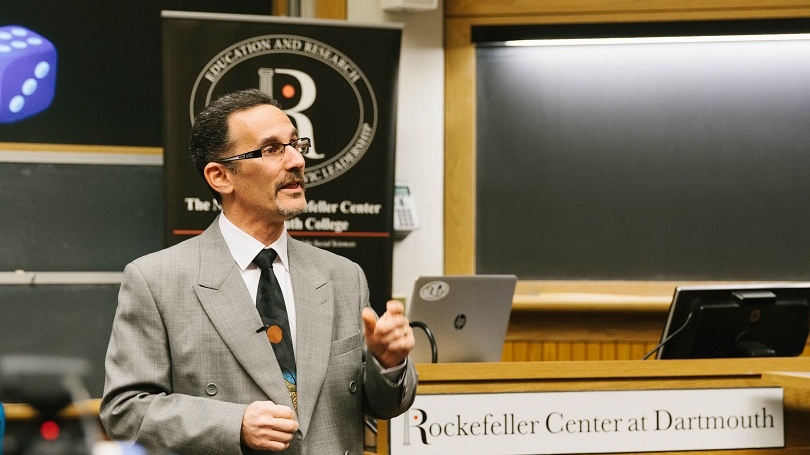
- Public Policy
- Leadership
- Funding
- News & Events
- About the Center
Back to Top Nav
Back to Top Nav
Back to Top Nav
Back to Top Nav
More and more often, we are hearing about the impacts that our modern lifestyle has on our world and the natural resources contained therein. Particularly, parks and heritage areas worldwide are in the midst of a crisis, and little attention is currently devoted to their preservation. While it is true that preservation planning is often underfunded, it seems that there is also a fundamental issue in the assumptions used to create resource management plans in these crucial spaces.
Traditionally, emphasis is placed on scientific rationality in preservation plans, and at first glance this seems the most logical approach. However, Jon Kohl argues that these plans are centered around assumptions of a world that never existed, which he terms the PLUS World. A PLUS World is one that is Predictable, Linear, Understandable, and Stable. During his presentation at the Rockefeller Center on February 22, 2017, Kohl discussed the theory of the PLUS World, and how the United States government embraces this worldview. However, there is another emerging paradigm, the DICE World. This reality is Dynamic, characterized by continuous change; Impossible to completely understand; Complex, characterized by interconnected and interacting parts; and Ever-Changing. Jon concluded his remarks with a new worldview for planning and governance.
Jon Kohl ’92 is the director of Public Use Planning, or PUP Global Heritage Consortium, and co-author of a new book titled, The Future Has Other Plans: Planning Holistically to Conserve Natural and Cultural Heritage. Jon works internationally developing ecotourism and park governance to conserve natural and cultural heritage. While Jon’s experience has been in conservation and heritage, his work shows that non-implementation afflicts all sectors of society. Indeed, without a more holistic approach, agencies of all kinds falter when confronted with complexity, wasting resources on plans that never contribute. Drawing on responses from many fields, his research illuminates deep causes of non-implementation, much beyond superficial resource lacks. While at Dartmouth, Jon double majored in Government/ENVS and Biology. He attributes his holistic perspective to his mentor, the late Professor Donella Meadows. After serving as a Peace Corps volunteer in Costa Rica, Jon graduated from the Yale School of Forestry and Environmental Studies, and then worked with RARE Center for Tropical Conservation and UNESCO’s World Heritage Center. While stationed in Honduras, he faced the challenge of discovering why so many management plans end unimplemented. He founded a planning approach that diverged greatly from conventional planning wisdom. He founded PUP Global Heritage in 2013, and has spent a total of 17 years working in conservation and heritage.
His public lecture on February 22, 2017 “The Future Has Other Plans: Transcending Barriers to Plan Implementation in a Complex World,” was cosponsored by the Rockefeller Center, the Departments of Government and Environmental Studies, and the Academy for Systems Change (formerly the Donella Meadows Institute).
Submitted by Olivia Bewley ’19, Rockefeller Center Student Program Assistant for Public Programs
The views and opinions expressed and any materials presented during a public program are the speaker’s own and do not necessarily represent the views and opinions of the Rockefeller Center or constitute an endorsement by the Center.